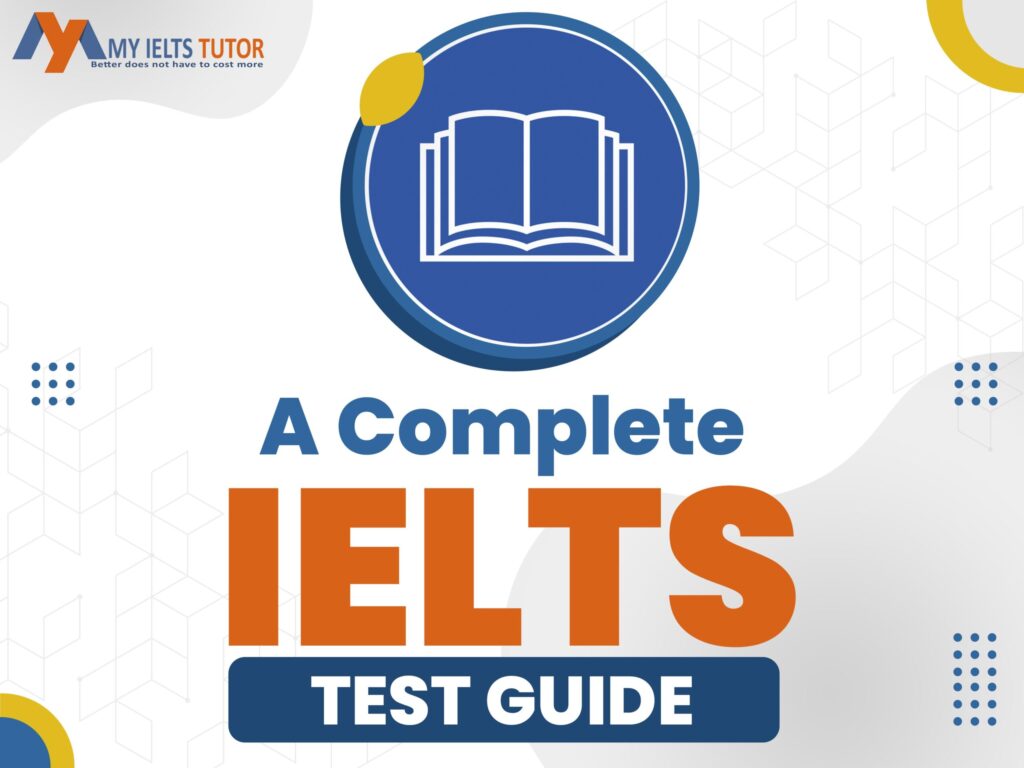IELTS Scores: How to Calculate Them?

Table of Contents
Wondering how to calculate your IELTS score? You’re not alone! This is a question that a lot of people have, and it’s not always easy to figure out. The good news is that it’s not too complicated, and with a little bit of help, you can do it yourself.
In this article, we’ll walk you through the process of calculating your IELTS score. We’ll explain the different factors that go into calculating your score, and we’ll show you how to do it step-by-step. So if you’re wondering what your IELTS score is, read on!
The IELTS test is an internationally recognized measure of English language proficiency. It’s often required for people who want to study or work in an English-speaking environment. The IELTS score is calculated on a band scale of 0-9. The higher the score, the more proficient the test taker is in the English language.
How Is IELTS Scored?
Ah, the IELTS score. This little piece of paper is so important, and can mean the difference between a student getting into the school of their dreams or not. But how is the IELTS score calculated? And what goes into it?
Well, there are two parts to the IELTS score — the academic score and the general training score. The academic score is for students who want to study at a university, while the general training score is for students who want to do things like gain work experience or improve their English.
How Can I Calculate My IELTS Score?
IELTS is scored in bands from 0-9, where 0 is assigned when candidates do not attempt any question, while 9 is given to an expert user who uses English appropriately, accurately, and fluently. Firstly, the examiner scores individually to a section, i.e., Listening, Reading, Writing, and Speaking, and then the average is calculated to produce an IELTS overall band score.
What Is a Good IELTS Score?
So, what is a good IELTS score? Well, that all depends on what your goals are. If you’re looking to study at a university in an English-speaking country, most schools will require a score of 6.5 or higher. But if you’re just looking to improve your English skills, a score of 6.0 or higher should be enough.
The good news is that IELTS is scored on a 9-point scale, so you have a lot of flexibility when it comes to achieving your target score.
How Can I Calculate My IELTS Score?
So you’ve taken the IELTS test and you’re not sure how to calculate your score? Don’t worry, we’re here to help. The IELTS scoring system is based on a nine-band scale, with each band representing a different level of ability. Your score is calculated by taking the average of the four components of the test— Reading, Writing, Listening and Speaking.
To get your final score, simply add the band score of each module and divide by 4 and round off the numbers you get.
For example. A student scored 7.5 in Listening
8 in Reading
7 in writing
6.5 in speaking
His over all band will calculated as follow
7.5+8+7+6.5/4 =7.25
This will be rounded off to the total of 7.5 band score
If the average of the four sections ends in .25, the overall band score is rounded up to the next half band, and if it ends in .75, the overall band score is rounded up to the next whole band.
Don’t forget that you can also get a band score for each of the four components if you’re not happy with your overall score. So now you know how to calculate your IELTS score — but what can you do to improve it? Keep practicing and don’t give up! The more you practice, the better your score will be.
IELTS Scores: FAQs
How is the IELTS score calculated? This is a question many students have, and it’s a valid one. The good news is that it’s not as complicated as it might seem.
Your IELTS score is calculated on the basis of four skills: listening, speaking, reading, and writing. Each skill is given a rating from 0 to 9, and your final score is the average of these four ratings.
It’s important to note that the IELTS score is not a percentage. So, for example, if your rating for reading is 7 and your rating for writing is 5, your final score would be 6 (not 70%). Got all that? Good. Let’s move on to the next question.
Conclusion
It’s important to understand how the IELTS scoring system works so you can properly calculate your score. There are four skills tested in IELTS – listening, reading, writing, and speaking – and each skill is worth a different amount of points.
Your final score is based on the number of points you receive for each skill. You also receive a band score, which is an overall rating from 1-9 that shows how well you performed on the test.
Understanding how the scoring system works will help you to calculate your score and see where you need to improve. Use this guide to help you get started.






